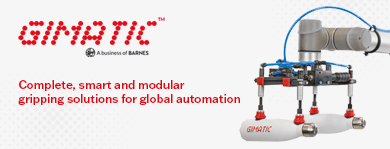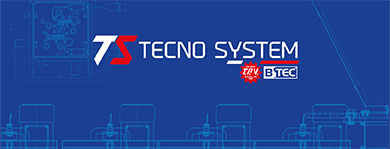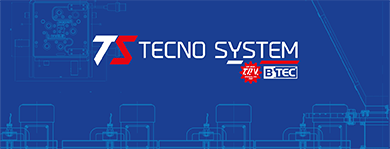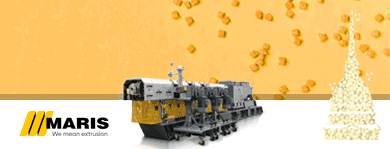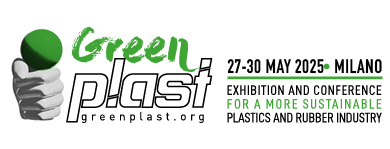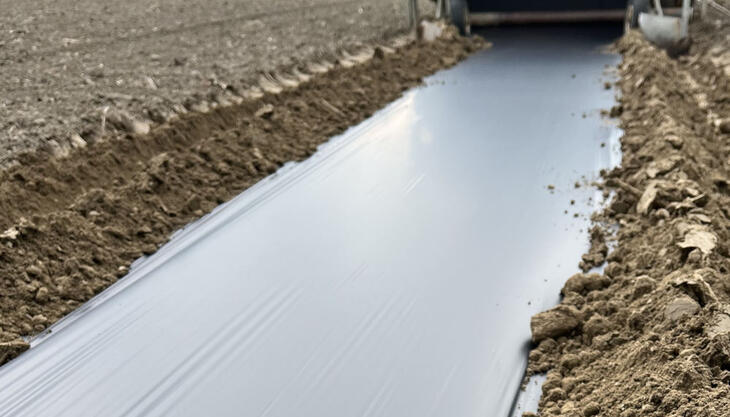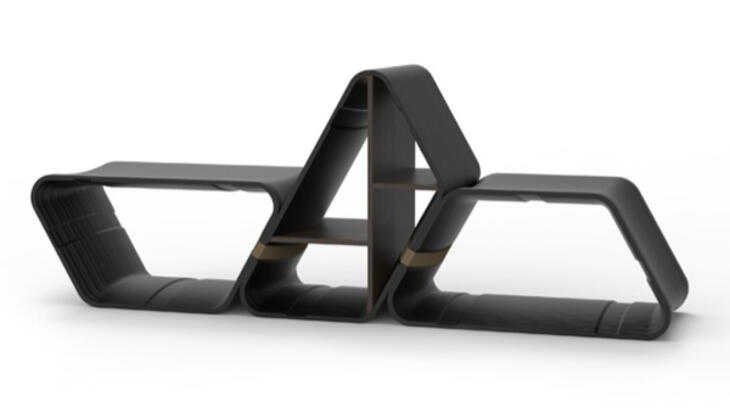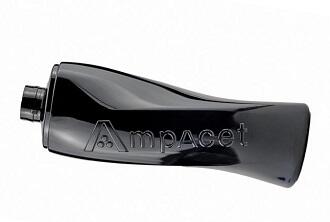
Premier global provider of masterbatch and additive materials, services and solutions, Ampacet has developed carbon black-free masterbatch solutions REC-NIR-Black that can help to significantly reduce the carbon footprint by providing a second life for black plastic packaging. These carbon black-free products are part of Ampacet’s sustainable development program, which features new and innovative solutions that help to protect our environment.
REC-NIR-Black masterbatch solutions are near-infrared (NIR) transparent to allow sorting with near-infrared optical sensors and recycling. This technology enables the reuse, repair and recycling of black packaging waste and allows recyclers to valorise this waste and support the circular economy.
Europe has entered in the transition period from a linear to a circular economy and The European Commission adopted an ambitious Circular Economy Package with clear targets for reduction of waste and recycling. In a circular economy, reuse, repair and recycling become the norm and waste is a thing of the past.
To recycle plastic packaging into useable resins, plastic waste is presorted by resin type at plastic recovery facilities. Presorting, an essential and challenging step, especially with the various characteristics of each resin type, results in a pure stream of resin. In most recovery facilities this is accomplished with automated sorting technologies using near-infrared optical sorters.
The key limitation to near infrared optical sorting is its inability to identify and separate plastics that contain carbon black, the most commonly used black pigment. Carbon black absorbs a significant part of the ultraviolet and infrared spectrum, preventing the reflection of infrared light back to the sensor and consequently blocking the recognition of the resin’s fingerprint by a NIR scan.
While most black packaging cannot be sorted by recycling companies and can only be disposed of in a landfill or used for energy recovery, packaging using Ampacet’s carbon black-free masterbatch products can be scanned by near-infrared technology for automated sorting at recovery facilities.






